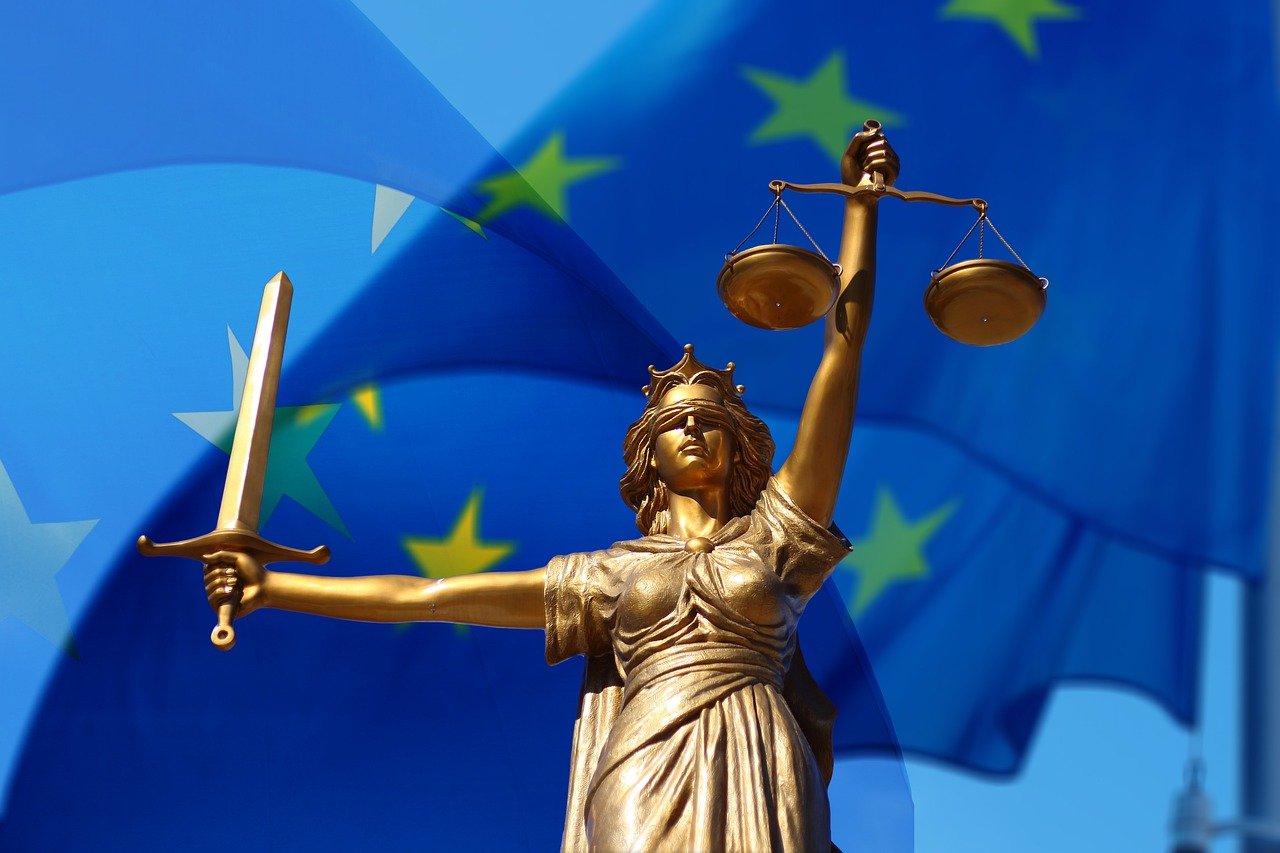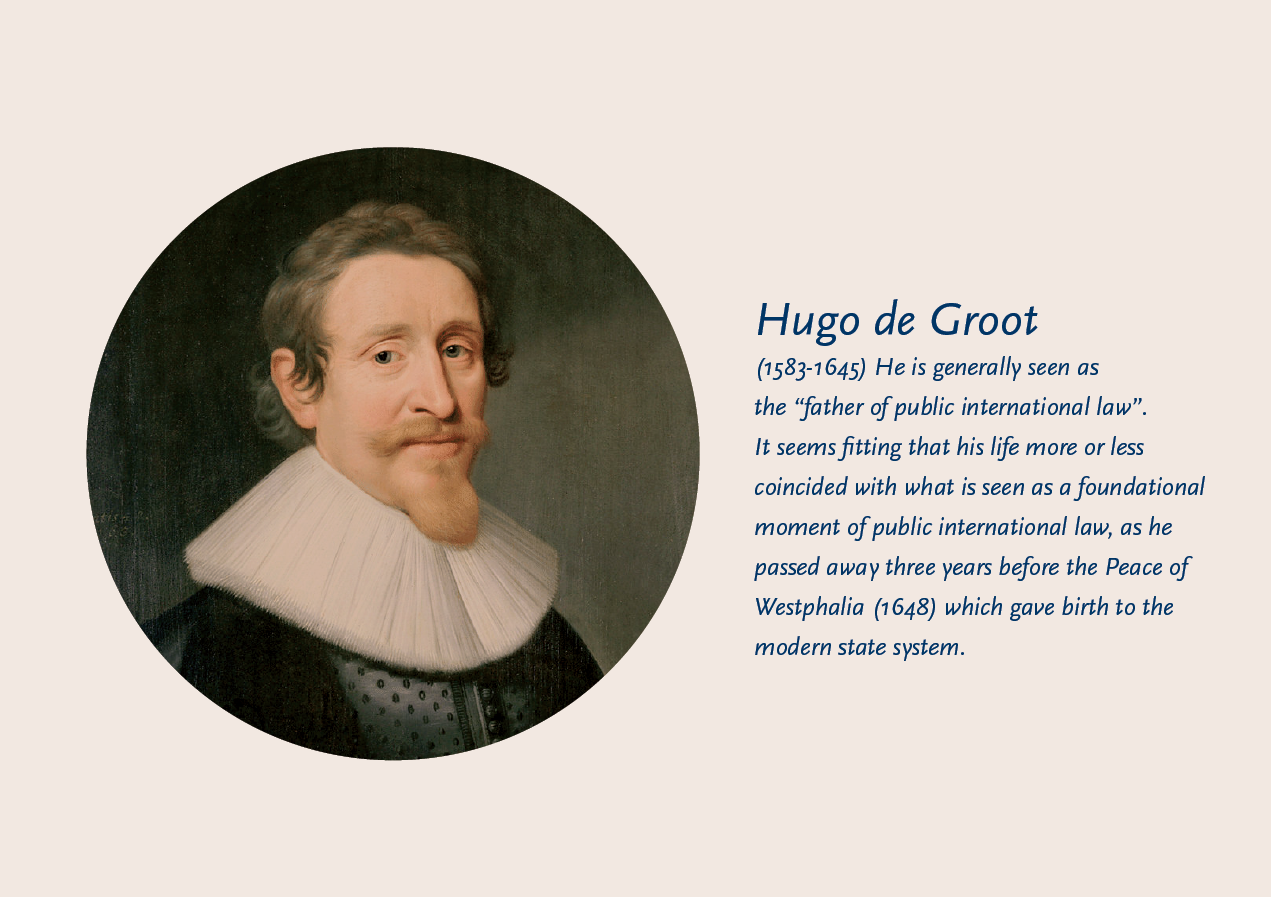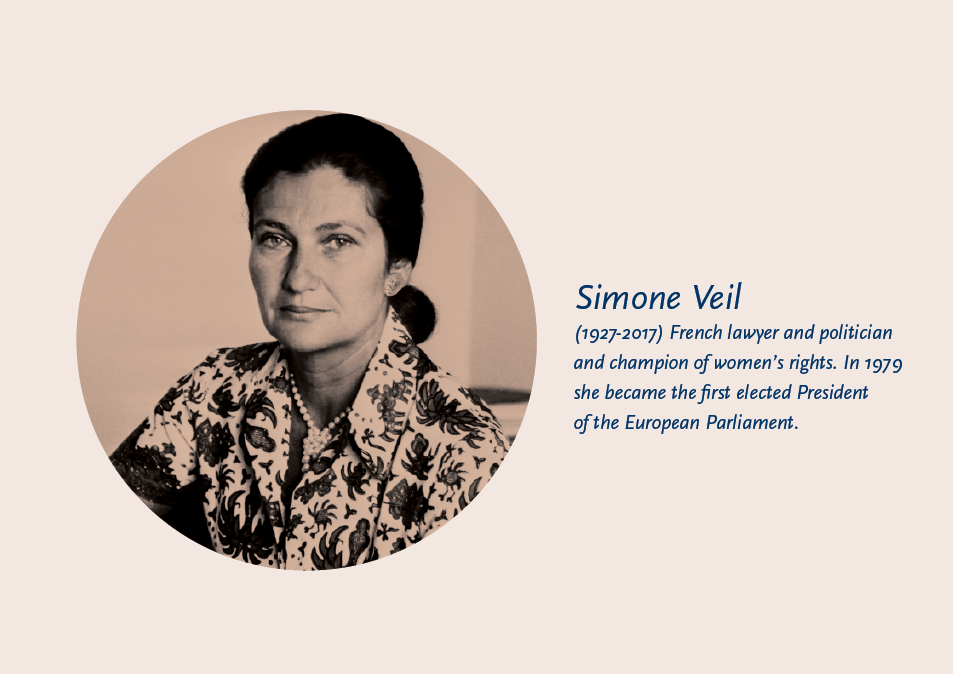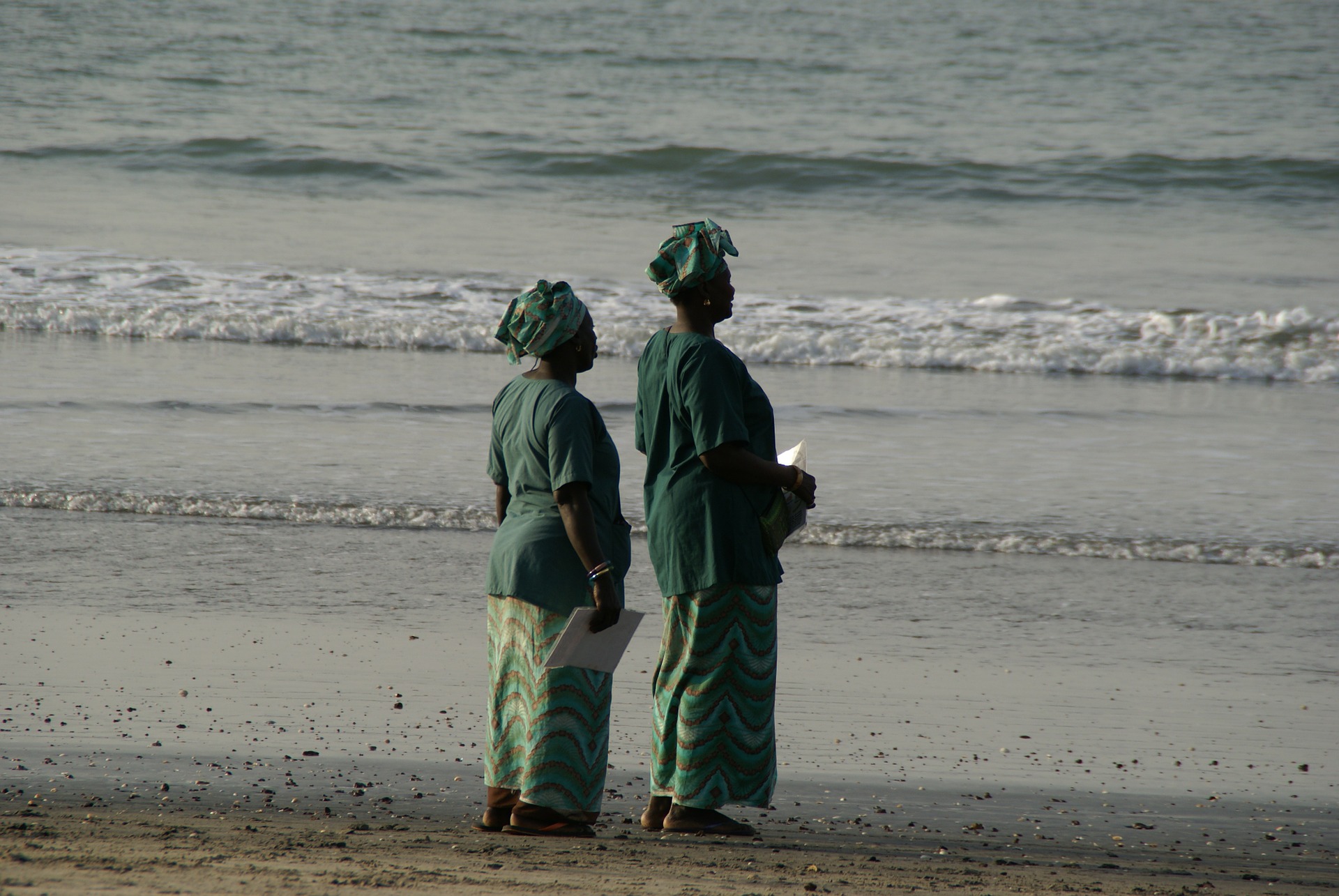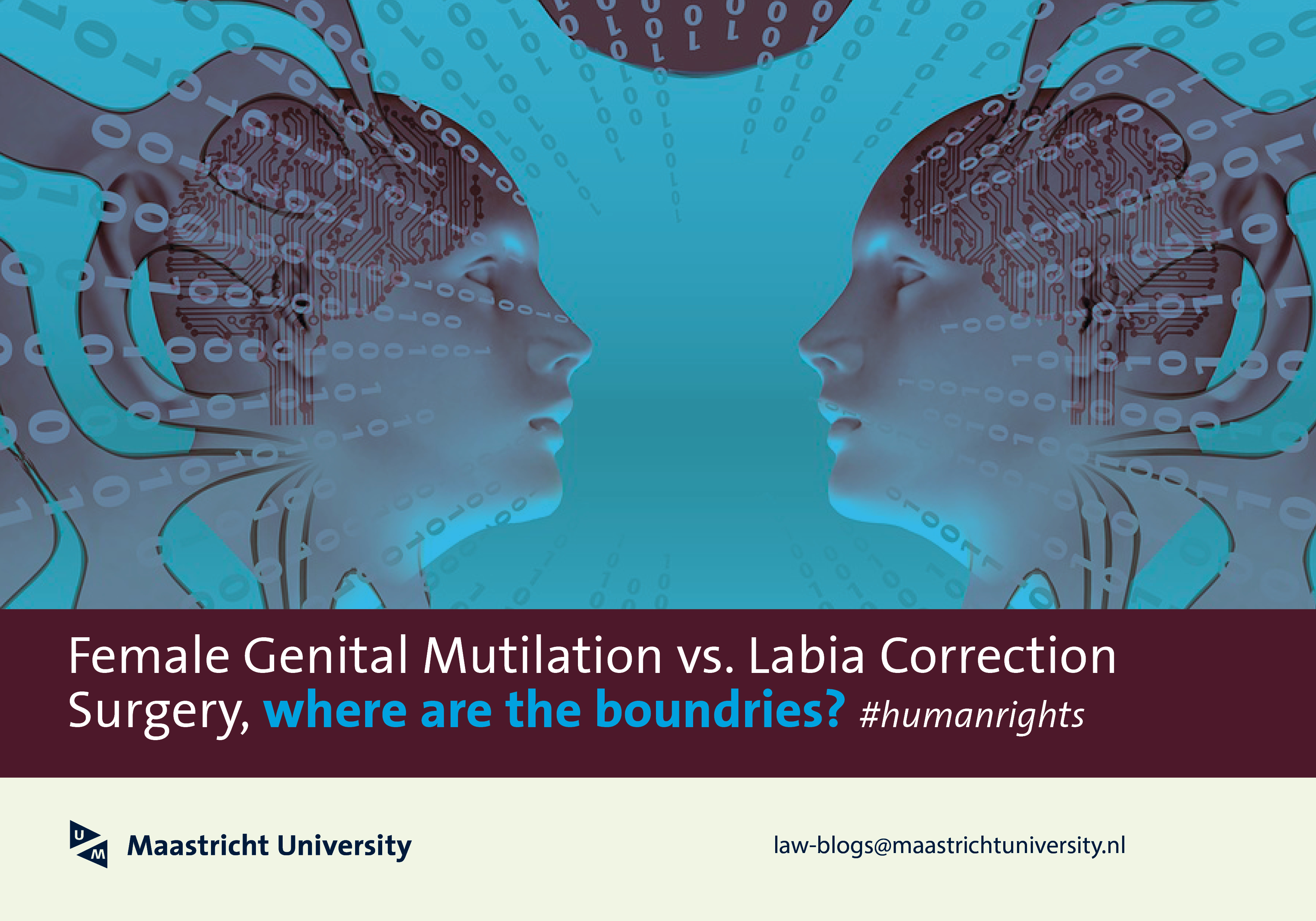Latest blog articles
-
On February 22, it's the 'European Day of the Victim'. On this day, various organizations at home and abroad pay attention to victims of criminal offenses. For example, Victim Support Europe organizes a symposium in Brussels titled 'Leave No Victim Behind: Victims' Rights and the Sustainable...
-
A brief explainer about the ICJ case brought by South Africa against Israel
On 29 December, almost three months after the 7 October Hamas attacks on Israel and the ensuing Israeli military strikes on the Gaza Strip, which had by then resulted in the deaths of more than 21,000 people and more than...
-
To any international lawyer, Hugo de Groot (10 April 1583 – 28 August 1645), usually referred to by his Latin name as Hugo Grotius, does not need any introduction. He is generally seen as the “father of public international law”, often together with Francisco De Vitoria (1483-1546) and Alberico...
-
Simone Veil passed away on 30 June 2017, just two weeks shy of her 90th birthday. The fact that her funeral was a national ceremony at the Hȏtel des Invalides, and that her remains have been interred in the Panthéon - as one of the four women who have been bestowed with this honour because of their...
-
Today, on Human Rights Day, the Peace Palace in The Hague will be the venue of the somewhat ironic spectacle of a Nobel Peace Prize laureate and global icon of human rights leading her country’s defence against allegations of genocide, the most serious violation of human rights possible.
-
In European societies, Female Genital Mutilation/Cutting FGM/C is regarded as an alien cultural practice that should not be part of society. It is seen as a barbaric tradition that is associated with refugees and immigrants from African and Muslim States who have brought this custom to Europe.
-
The Istanbul Convention certainly has the potential to improve the protection and support of battered women. However, much will depend on the implementation by the States parties and the interpretation and assessment of the obligations by the monitoring body.

